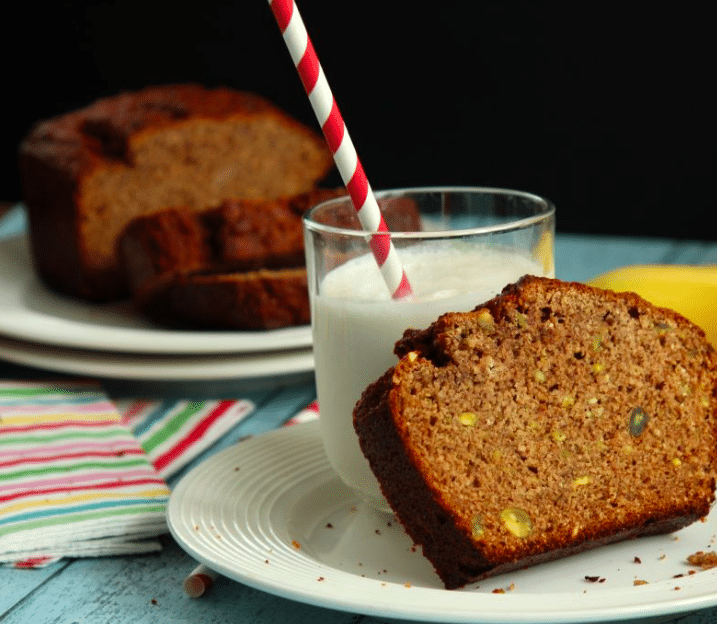Stepping on the scale first thing in the morning scale can fill you with anxiety and often leaves many of us wondering what went wrong when the numbers don’t tip in our favor. This usually leads to blaming particular foods, that realistically weren’t the culprit. All of us who have attempted to lose weight have been here before. Even though you are following your plan to the letter and exercising regularly the number may go up 1 or 2 pounds… or even up to 3-4 pounds, creating an unsettling feeling of guilt that we failed somehow. But, if it’s not always “food” that tips the scale in the other direction, what is it that causes these fluctuations?
When you’re trying to lose weight, your only measurement of success is usually the scale. Unfortunately, this makes it difficult to keep in mind that every time you step on the scale it is measuring every part of us at that one moment in time; which means it’s calculating the weight of our fat, muscles, organs, tissue and water. Body fat is not the only thing being measured! While organs and tissue don’t change much, fat, muscle, and water are constantly changing, which is illustrated by the number on the scale.
Water weight can affect your overall weight anywhere from 1-to-10 pounds – and sometimes even more – seriously! This is why it’s important to understand the dietary factors that can make these shifts in water weight occur. For starters, many of the high-protein, low-carbohydrate diets can cause a dramatic shift in your water weight. This is because as you reduce your carbohydrate intake your body starts breaking down the stored carbohydrates (glycogen) to use as energy, and this breakdown causes the body to excrete large amounts of water. Once the body begins to use stored fat for energy, weight loss slows. This is the reason why most people lose a significant amount of weight right away on a low carb, high protein diet. Extreme low carb, high protein diets can potentially lead to dehydration because of this significant fluid loss.
CARBS
When a person following a low carb plan eats a carbohydrate-rich food they can easily gain 1-3 pounds. However, this weight gain can be misleading because it is usually your body replenishing the fluid it lost and not gained fat. This 3 pound fluctuation becomes frustrating for many people and they end up yo-yoing back and forth with fluid weight thinking that it must be the half cup of rice they had the night before that caused them to gain that 3 pounds when in fact eating the rice just allowed them to regain some of the fluid they had lost from following a strict low carb plan. The fact is carbohydrates do not affect your weight quite that simply. Excess carbohydrates can strongly stimulate insulin production, which promotes fat deposition and increases appetite. This kind of weight gain will happen gradually, not dramatically overnight.
SODIUM
Sodium is another dietary component that can lead to fluid gain. Sodium can cause the body to retain fluid, leading to these frustrating daily weight fluctuations. Some people are more sensitive to sodium than others. Watch your diet and see if your weight gain corresponds with a high sodium meal the day before. For example, eating out in restaurants can often increase your sodium intake significantly.
The best way to tell if you are retaining fluid is to pay attention to your body. If you get indentations on your ankles and lower legs from your socks then you are retaining fluid. If you wear rings and they become tight and leave an imprint in your fingers when you take them off then you also retaining fluid. Any kind of puffiness in your skin is a good indication of water weight.
THE BOTTOM LINE
It takes 3,500 calories to lose 1 pound or gain 1 pound of body fat. This means you would nee to consume an extra 500 calories a day over 7 days to gain just one pound. So, if you gained 3 pounds in just 1 day, you can most likely label it water weight, unless you consumed 10,500 extra calories that day! Real weight gain – or weight loss – happens gradually. If you want to have a better understanding of your weight, follow this guide here.








